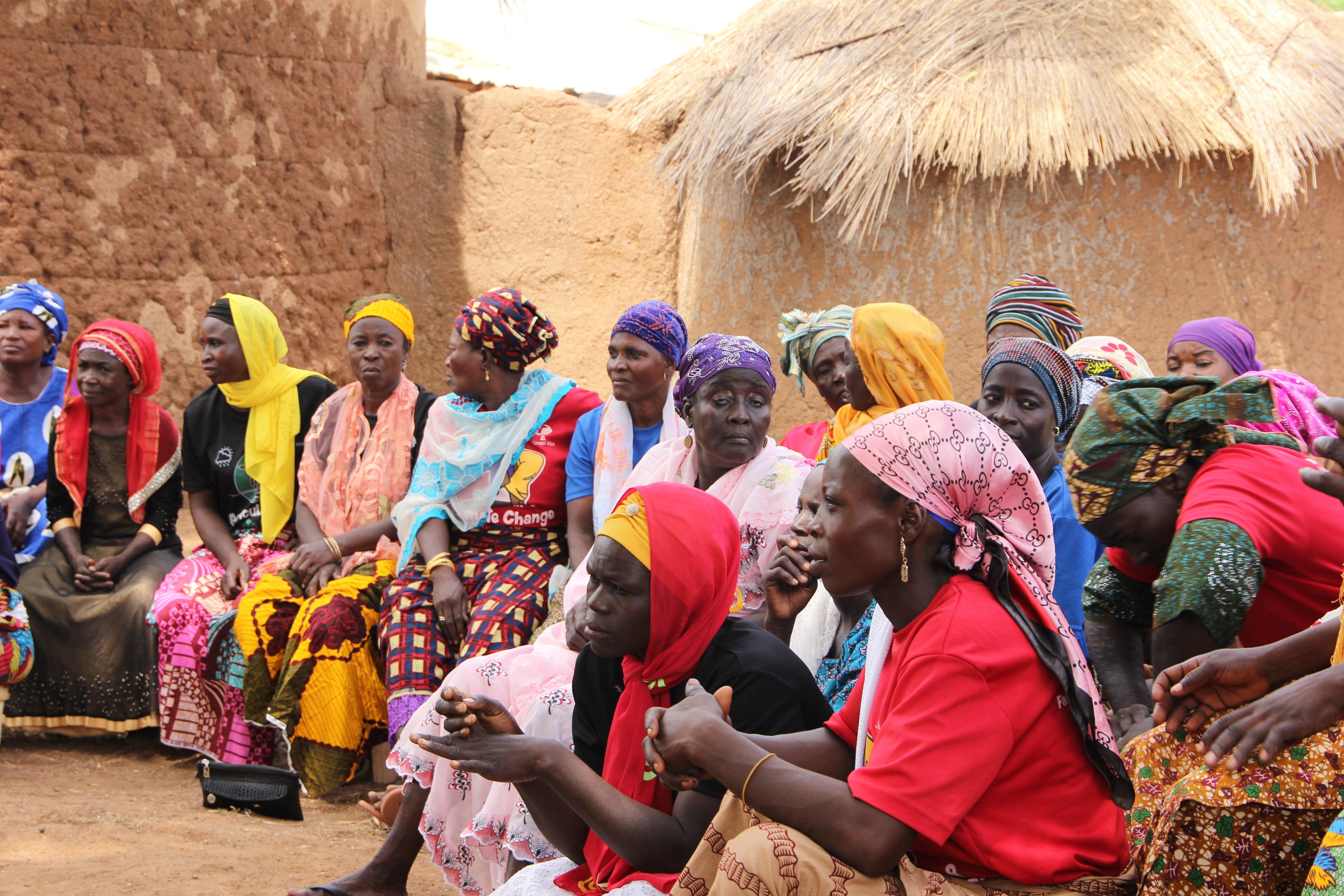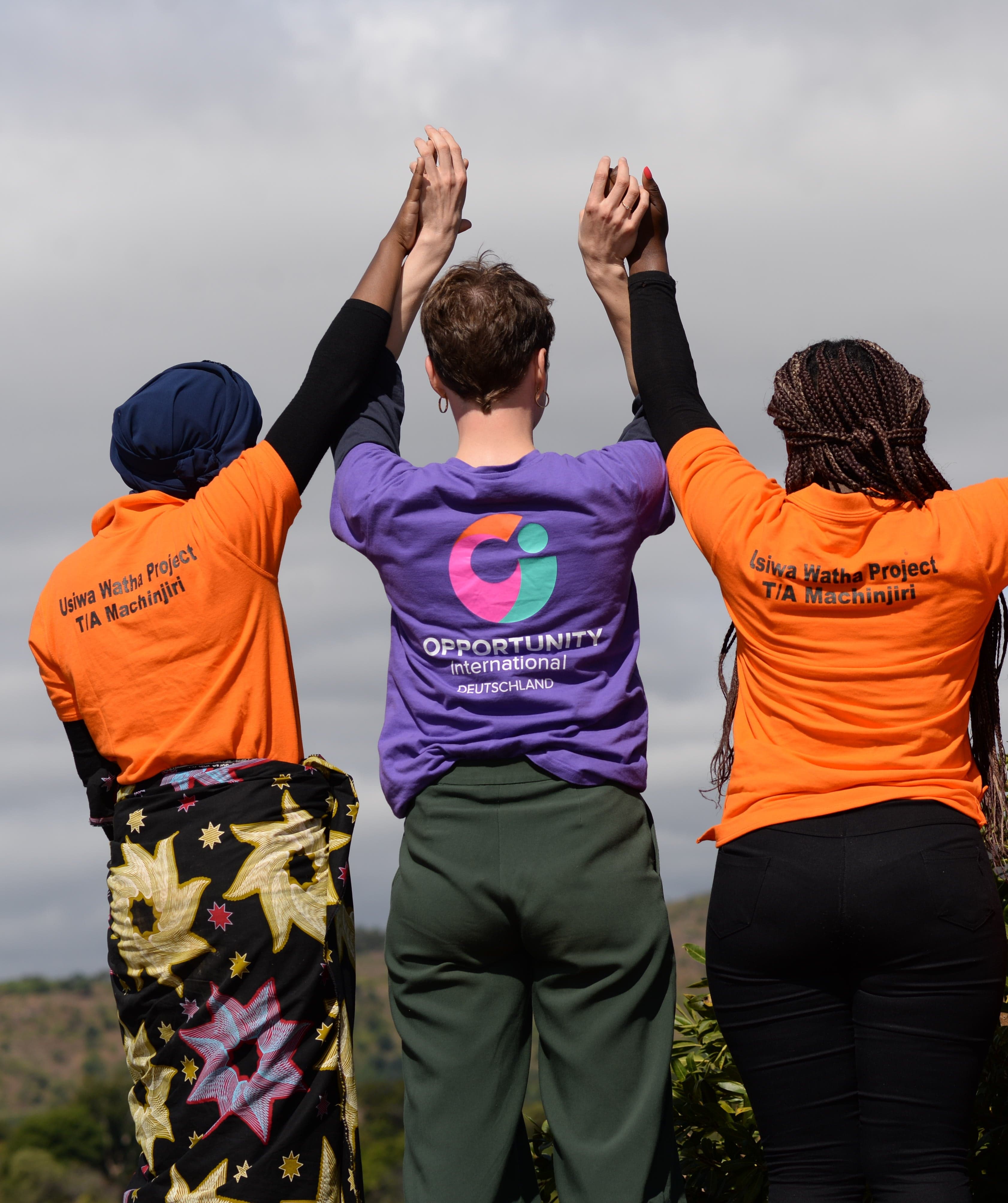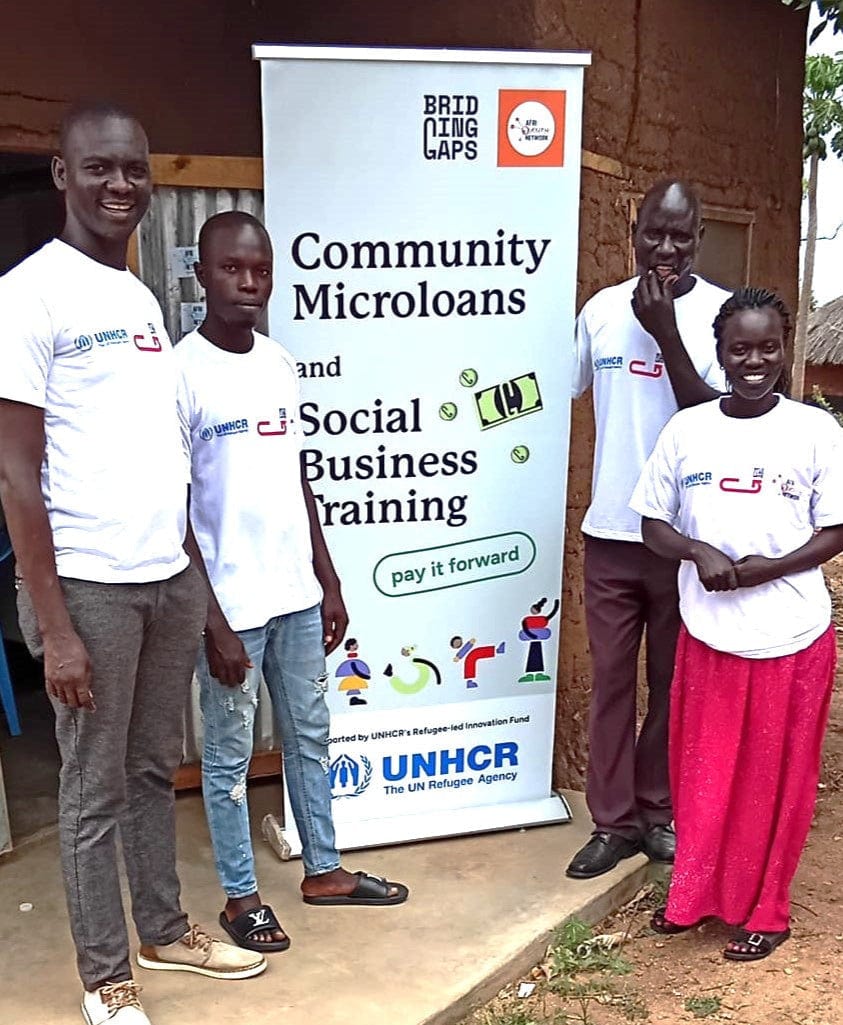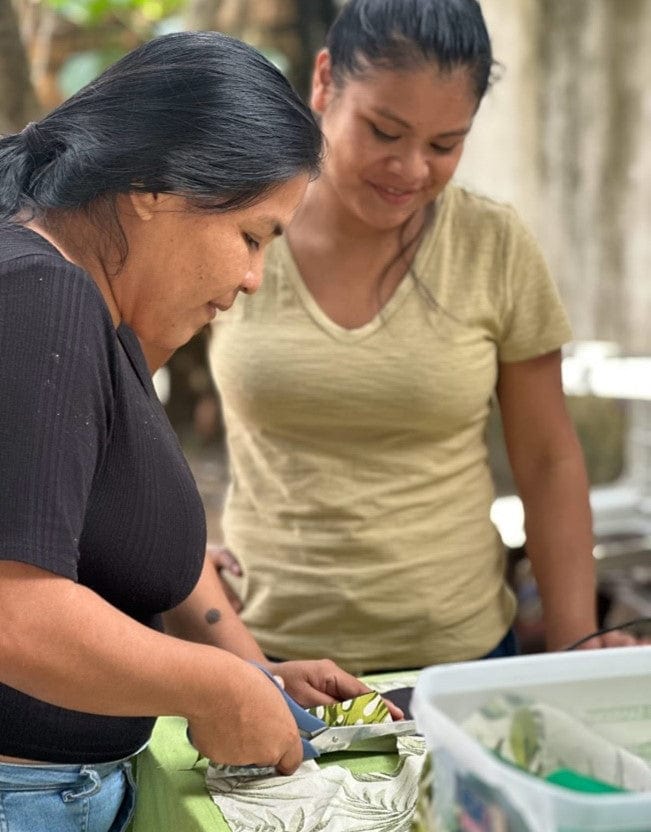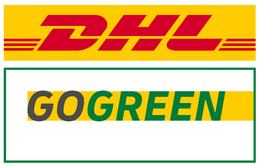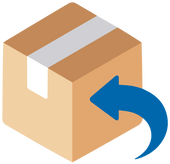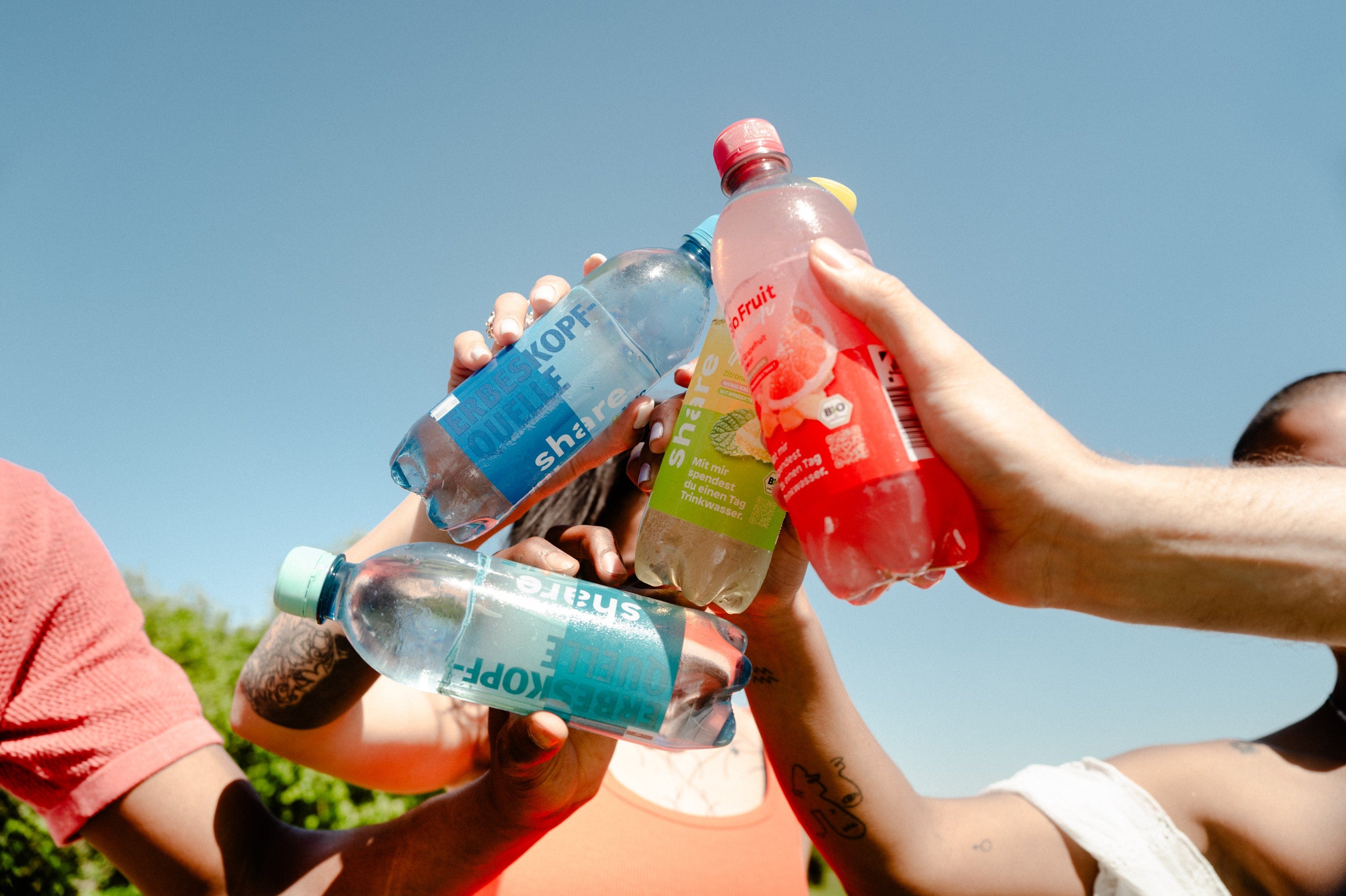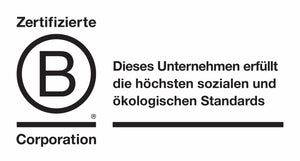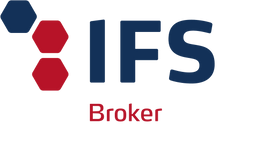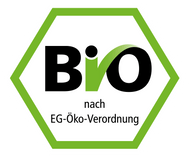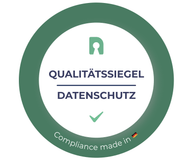Our goal for 2025
Together with Opportunity International Germany and Bridging Gaps, we want to strengthen the economic independence and resilience of women in fragile contexts by providing access to knowledge and financial resources.
211.067Hours of training
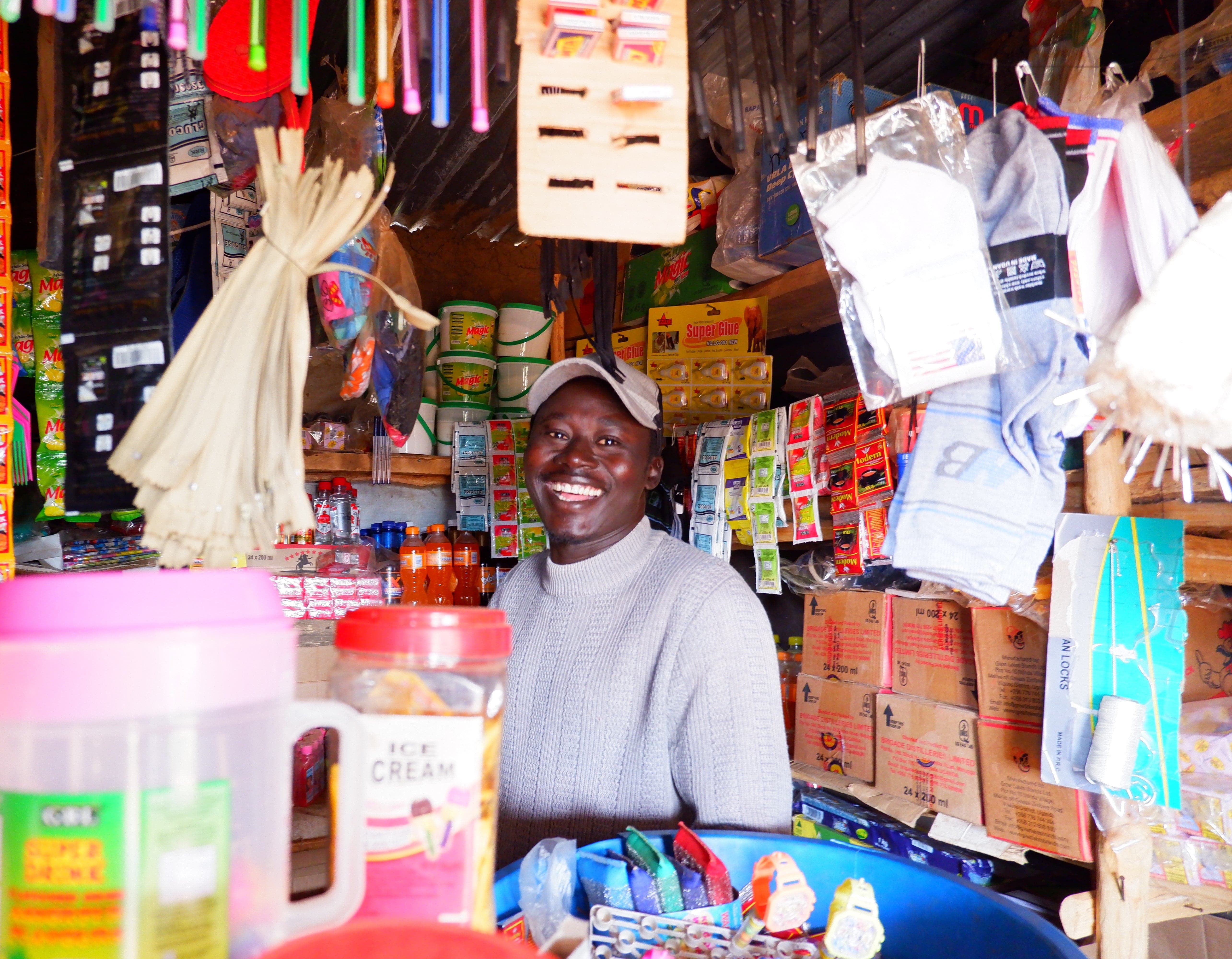
Creating sustainable perspectives
Worldwide, approximately 1.4 billion people lack access to banking services, effectively barring them from traditional credit. Women are particularly affected, living in poverty more frequently than men. According to UN Women, less than 20% of women own land and often lack access to credit or jobs that provide a living wage. At the same time, they perform over three-quarters of unpaid care work. Without economic participation, they not only lack income but also social influence and security – a structural problem with repercussions across generations.
Our commitment
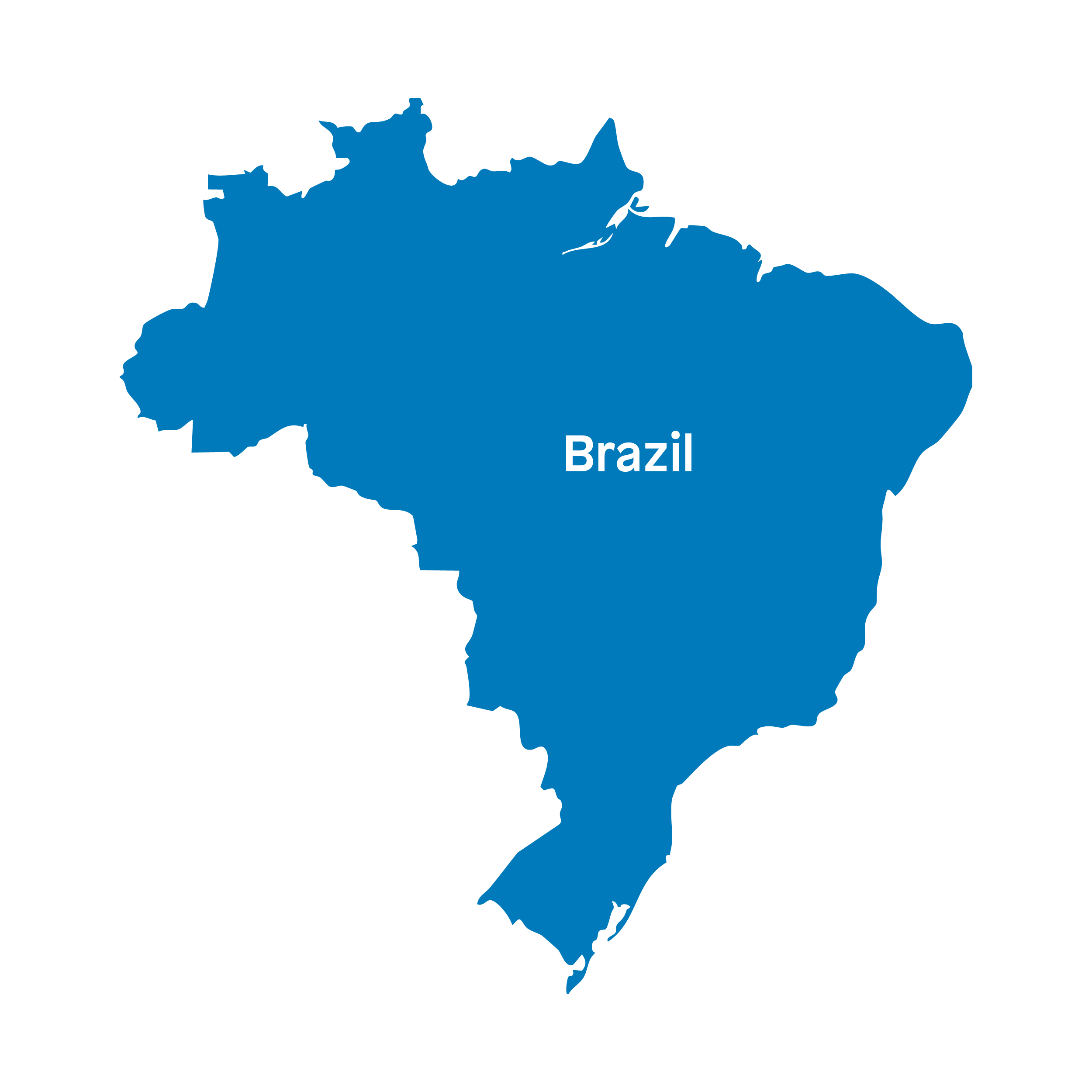
Where are we active?
In Ghana's Upper East Region, many women rely on subsistence farming, but climate change, lack of knowledge, and resource scarcity threaten their livelihoods. At the same time, indigenous women from Venezuela are fleeing poverty and insecurity to Roraima, Brazil – where they are often denied access to the labor market. In both regions, women face severe social and economic disadvantages.
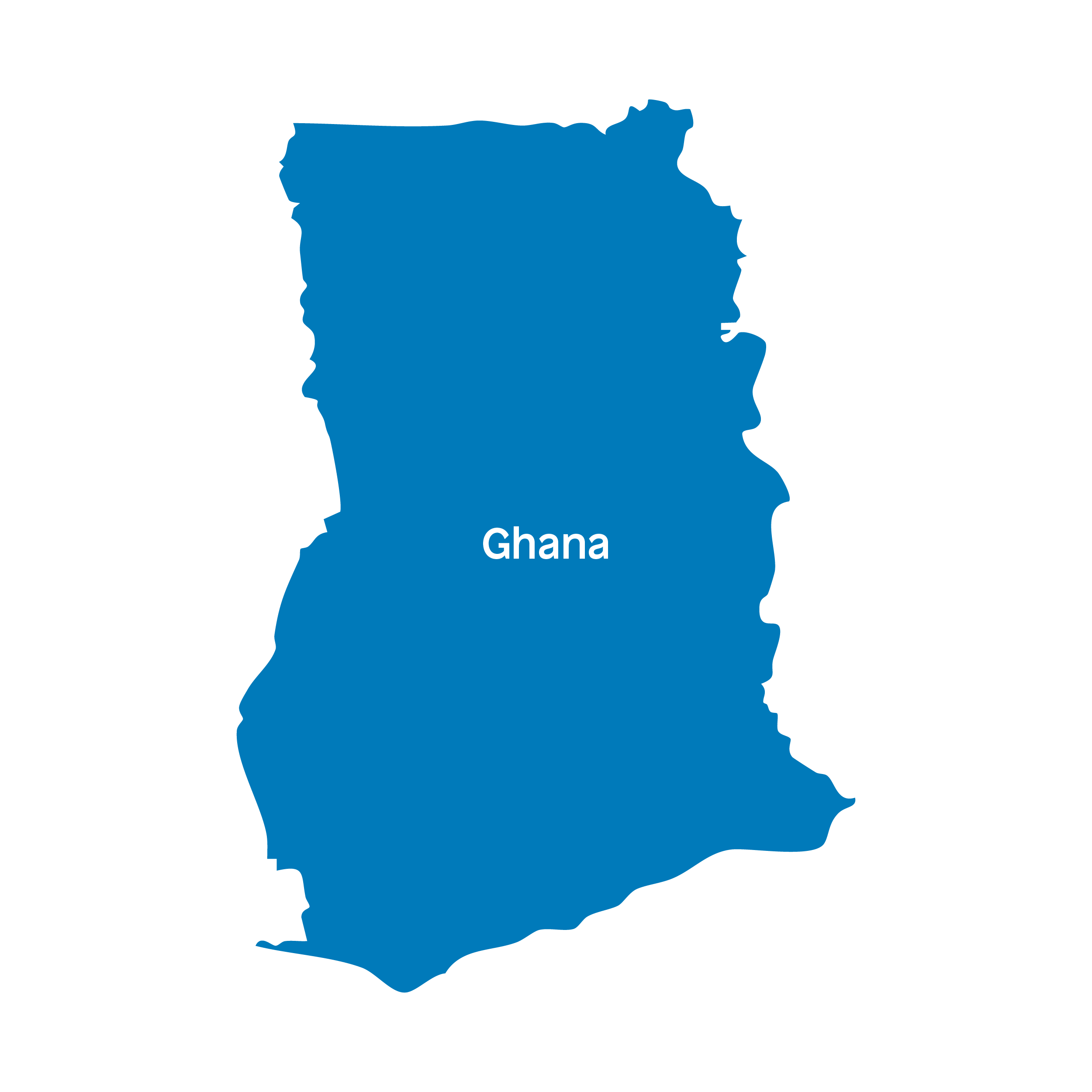
Creating a better livelihood together
The projects specifically promote women's economic self-determination: Over 600 women receive training and practical workshops. In Ghana, this focuses on climate-resilient agriculture, and in Brazil, on social entrepreneurship. They are accompanied and supported by local mentors. In Brazil, they can also implement their own business ideas with microloans. This creates a cycle, as the repaid loans benefit the next woman.
In both countries, men and community representatives are involved in the training to create a supportive environment in which women can develop and apply their newly acquired skills.
Who we work with
We've partnered with experts in providing global aid: vetted national and international aid organizations. We trust them because we can see exactly how they use the money. This way, we can be sure that our aid is reaching the right place.
Photos: Opportunity International Germany, Bridging Gaps

